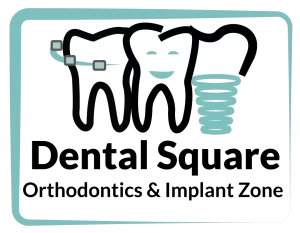
Dental scaling is a dental procedure performed by a dentist or dental hygienist. It involves the removal of dental plaque and tartar (hardened plaque) from the tooth surfaces, particularly along and below the gumline. This is typically done using specialized dental instruments, such as scalers and curettes. The process is essential because the accumulation of plaque and tartar can lead to various dental problems, including cavities, gum disease, and bad breath. Scaling helps in preventing and treating these issues.
After scaling, dental polishing is often performed to make the tooth surfaces smoother. This process usually involves the use of a dental tool with a rotating rubber cup or brush attachment and a special polishing paste. Polishing doesn't remove calculus or deep stains, but it does help to eliminate surface stains and create a smoother, polished surface on the teeth. It leaves your teeth feeling clean and looking brighter.
The frequency of scaling and polishing depends on individual oral health needs. In general, it is recommended every six months during a routine dental check-up, but your dentist may suggest a different schedule based on your oral health.
Scaling and polishing are generally not painful. The dentist or dental hygienist may use local anesthesia if there is significant tartar buildup and sensitivity. Most patients, however, only experience a mild discomfort during the process.
Even with regular brushing and flossing, there are areas in the mouth that are difficult to reach and clean thoroughly. Professional scaling and polishing help remove plaque and tartar in these hard-to-reach areas, preventing gum disease and maintaining oral health.
No, when performed by a trained dental professional, scaling and polishing should not damage tooth enamel. These procedures are designed to safely remove plaque and tartar without harming the teeth.
Some people may experience mild sensitivity or bleeding gums immediately after the procedure, but these effects are usually temporary. It's essential to follow any post-treatment instructions provided by your dentist.